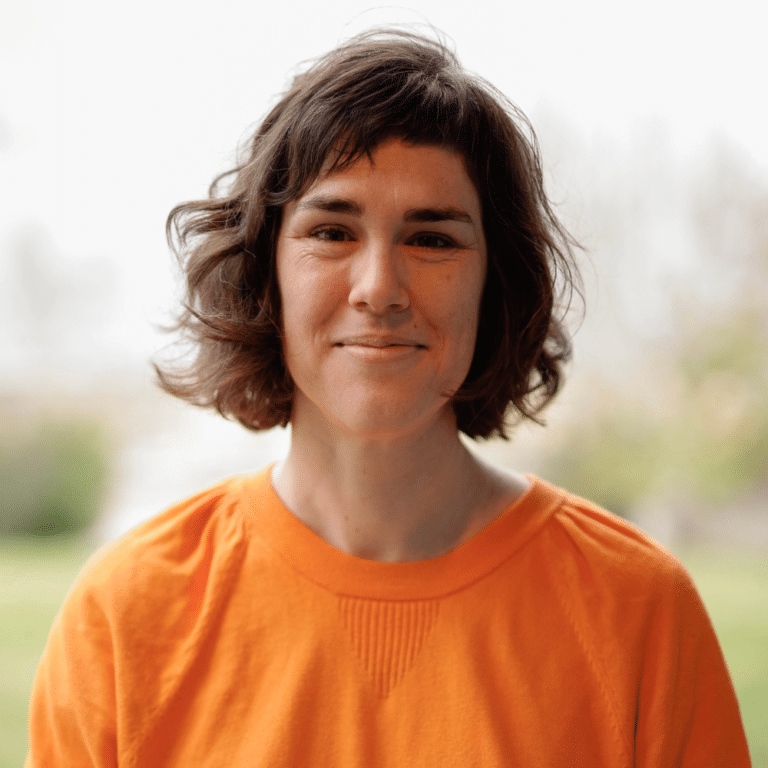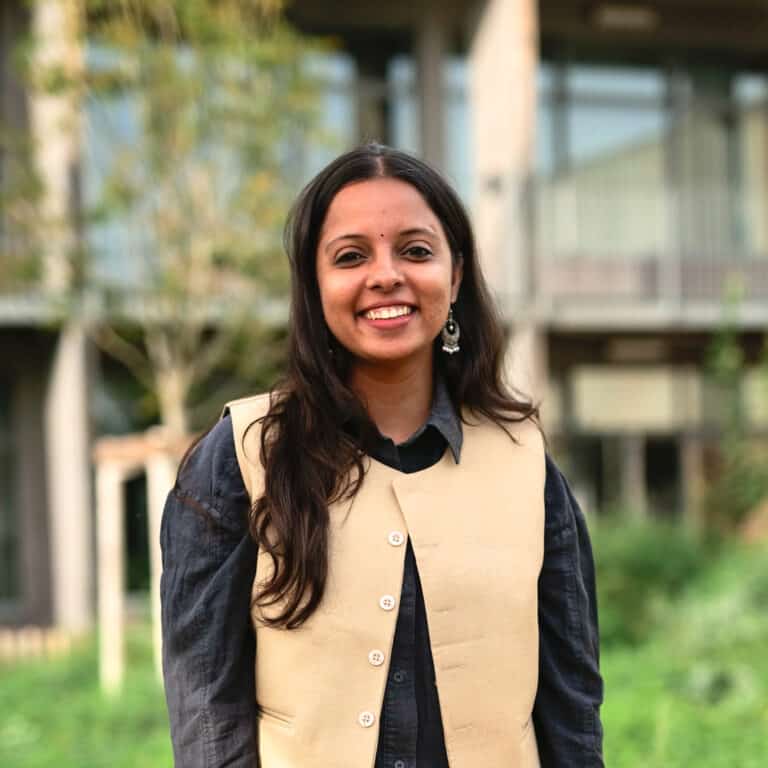
Amal Shahid
Research project
Christianity, Colonialism and Capitalism: The Basel German Evangelical Mission in South India c. 1830-1920
Project summary
My project, which is part of the Swiss National Science Foundation Eccellenza project ‘Moral and Economic Entrepreneurship in Asia, Africa, Latin America, and Europe: A Collaborative history of Global Switzerland, c. 1830-1900’, studies connections of Protestant regions in German-speaking Europe with the Malabar coast in South India through the religious and economic activities of the Basel German Evangelical Mission.
What was the Basel Mission?
The Basel Mission (BM here on) was a society created in 1815 as a result of collaboration between elites, pietists, and evangelicals from present day Switzerland and South Germany. It sent missionaries for proselytization in British and Dutch colonies. The case of the BM has attracted scholarly attention because of its engagement with industrial activities alongside religious objectives. The BM arrived in Mangalore in 1834 for pursuing missionary activities, and set up an industrial branch of the mission in 1852 both to provide employment to converts and to finance itself. The industrial branch culminated in the Basel Mission Trading Company (Basler Handelsgesellschaft or BHG) by 1859. The industries included weaving, carpentry and tile-making. Other economic activities that remained a part of the Basel Mission included management of plantations and agricultural work in mission stations, as well as other activities such as pottery, lace-making, tailoring, rope and basket making.
Main Objectives
My project studies the BM as a micro-historical transimperial institution that integrated continental Protestant Europe into the British Empire, both culturally and economically. This enables me to uncover how a continental mission society, global in its practice, not only shaped socio-economic realities on the Malabar coast as in Swiss-Germany, but was also involved in capitalist processes which were enabled by colonial administrative structures. The latter created political and legal conditions for mission societies to acquire land, labour and capital, as well as utilized proselytization as a way of disciplining labour on plantations. I argue that Protestant missionaries were important actors in the process of globalization of imperial ideology and colonial capitalist institutions to those they considered unexposed civilizations.
Conceptually, my project draws upon history of political economic thought, Christianity studies and transimperial histories to critically analyse the case of the BM’s economic pursuits in India. In doing so, it uncovers how the basic ideas in Protestantism shared in common its secular interpretation that allowed accumulation through colonial capitalism. Religion and capitalism have been globalising forces in themselves. Yet, the two have been disconnected with each other over the course of the twentieth century, when capitalism came to be understood in the (republican) liberal conception of freedom from religion and the state for individuals to pursue profit and hold private property. However, in the nineteenth century, the two were closely linked, as perhaps today. This approach allows me to shed light on the specific nature of colonial capitalism, that is, rather than an emancipating force, capitalism functioned through exploitation. Furthermore, it enables me to highlight the role played by Protestant Christianity in utilizing colonial capitalism as well as enforcing liberal and civilizing ideals that resulted in socio-economic changes in the colonies. Methodologically, not only do I combine three interrelated disciplines (political economy, theological and Christian studies, and transimperial history) to theoretically construct the historical narrative of the BM in India, I also rely on multilingual archival sources to enrich my study. I combine sources from regional Indian archives in Kannada or Malayalam languages alongside sources in German, French and English in European archives.
My project thus argues that not only did religious mission societies pursue profit-making, they did so in a colonial context, benefiting from globalised networks for trade and collecting donations, favourable legal and administrative terms, access to land, utilising infrastructure, among various other aspects. By tying faith with a certain way of living and engaging with the economy, BM missionaries shaped mentalities of the converts and created conditions conducive to colonial capitalist conditions, such as propensity to consume goods and sell labour and commodities to earn wages, thereby allowing market to become central to economic life in India. The integration of workers through industries into the colonial commodity markets also enabled reproduction of existing exploitative labour relations. The role of ‘industry brothers’ is peculiar in arguing for the capitalist mindset of missionaries. Their presence in colonial India enabled their entrepreneurial motivations as much as the religious. I focus on aspects of finances and labour to bring out these arguments.
Biography
Amal Shahid is a Swiss National Science Foundation Senior Researcher (postdoc) at the Institute of Political Studies, University of Lausanne, Switzerland, Her current research focuses on the Basel Mission’s social and economic activities on the South-West Coast of India. She completed a PhD in International History from the Geneva Graduate Institute of International and Development Studies. Her doctoral research explored colonial governance of famine relief in the North-Western Provinces of India between c. 1860-1920, with a focus on labour regulation. Her thesis won the Pierre du Bois Prize for the Best Dissertation in International History 2023. During her doctoral studies, she obtained more than three years of teaching experience in interdisciplinary courses. Amal also trained in basic quantitative methods during her Masters in Economic History (research) at the LSE. Her research interests are history of imperialism and colonialism, global history, history of labour, and history of political economy.



